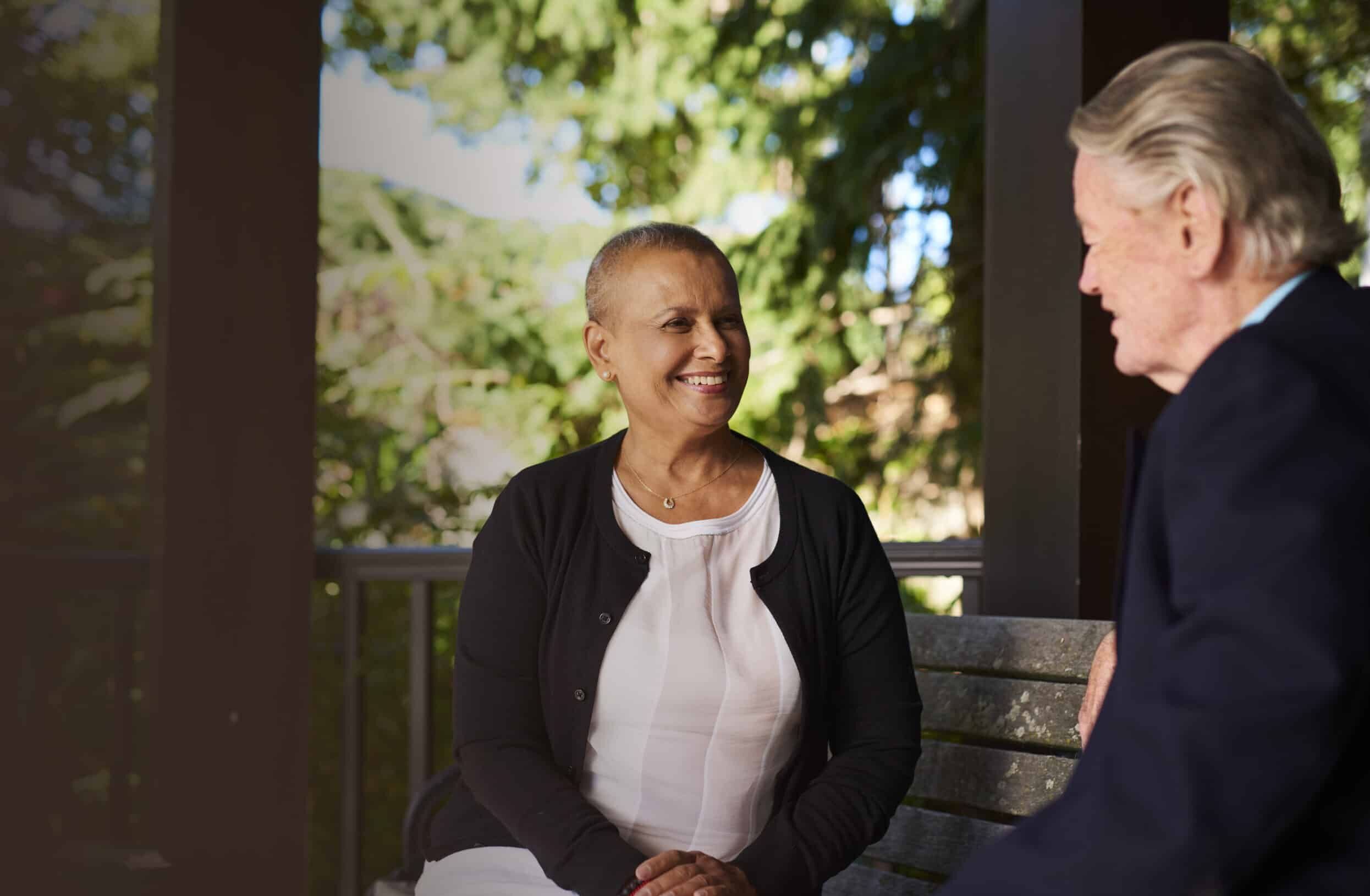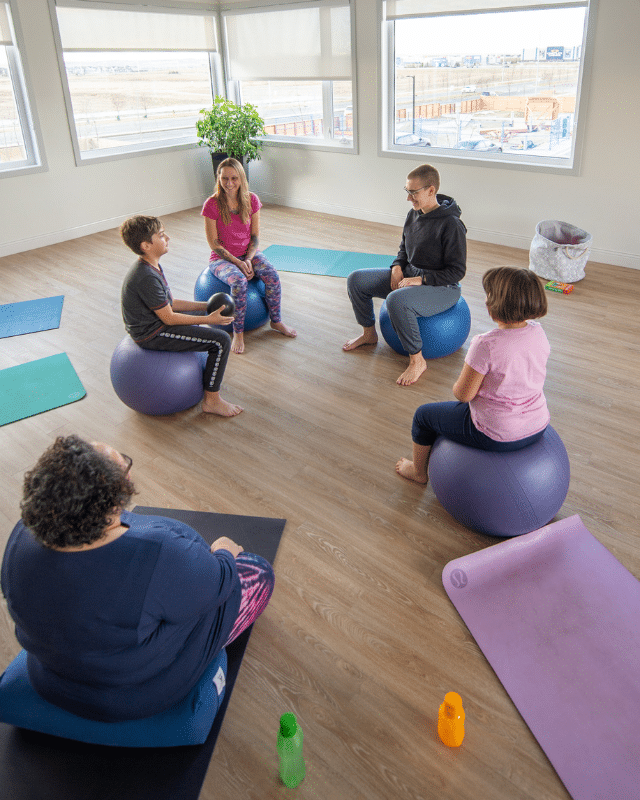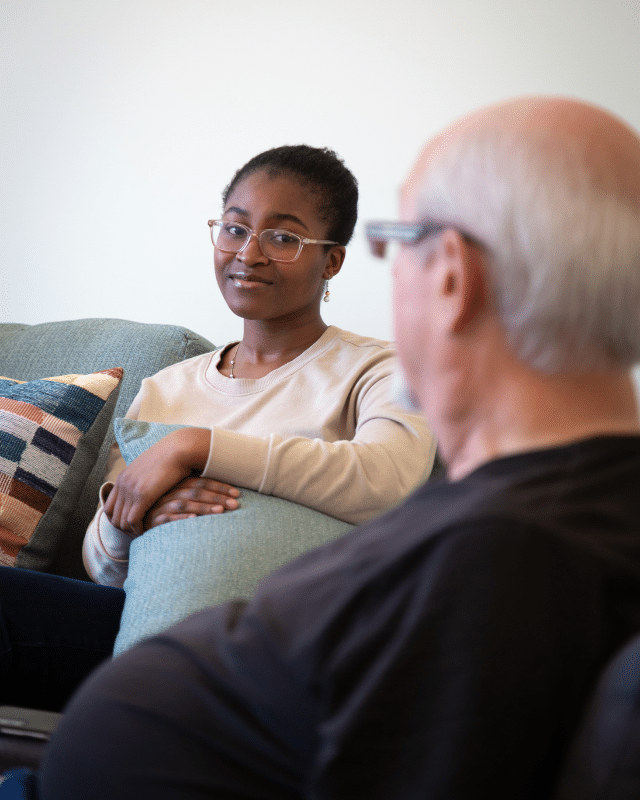

If you have cancer, you need Wellspring
At Wellspring, you will find a range of free programs designed to provide connection and belonging; ease pain, fatigue and distress; build strength and mobility; and support financial and workplace challenges.
Wellspring Alberta programs are available online, in your local community, over the phone and in-person – meeting you where you are or where you feel most comfortable.
Latest News & Stories
Start Here
Getting started with Wellspring is simple. Select the option below that applies to you.
I am living with cancer
I am a caregiver, supporter, or family member
I am a healthcare provider or community partner
I want to give
Programs
If you or a loved one is living with cancer, Wellspring is here to help. We can help you overcome the emotional, physical and practical challenges you may be experiencing.






As a Wellspring volunteer, I get to help build and share in a vital community space. I’m very grateful to Wellspring for the training, resources, and support they provide us as volunteers. I’ve learned a lot during my time with Wellspring, and built relationships with staff and other volunteers, as well as the members.

I received so many benefits from Wellspring, now I wanted to volunteer and help others who could use what Wellspring has to offer.

If you ask my why I care, it’s because every once in a while you find out that what you did actually made an impact. That’s why I’m passionate about volunteering for Wellspring, you get the feeling that you are appreciated, and what you are doing makes an impact.

Wellspring has been so important to me throughout this cancer odyssey – I simply would not be doing so well without the programs, compassion, and genuine kindness of this community.

At Wellspring there is no pressure and nobody judging you. You are just free to be yourself and to work at your own pace. Art is my favourite. I love spending my time there drawing, painting, creating a collage. In art classes… I can lose myself in it.

Wellspring helped me turn my life around. Right away I got the sense that I’m not alone. After cancer, your life is changed forever, but now I was around others who knew what it felt like and that helped.

Why donate to Wellspring?
All of Wellspring Alberta’s programs are funded through donors like you.
Your generosity improves the lives of people living with cancer.

